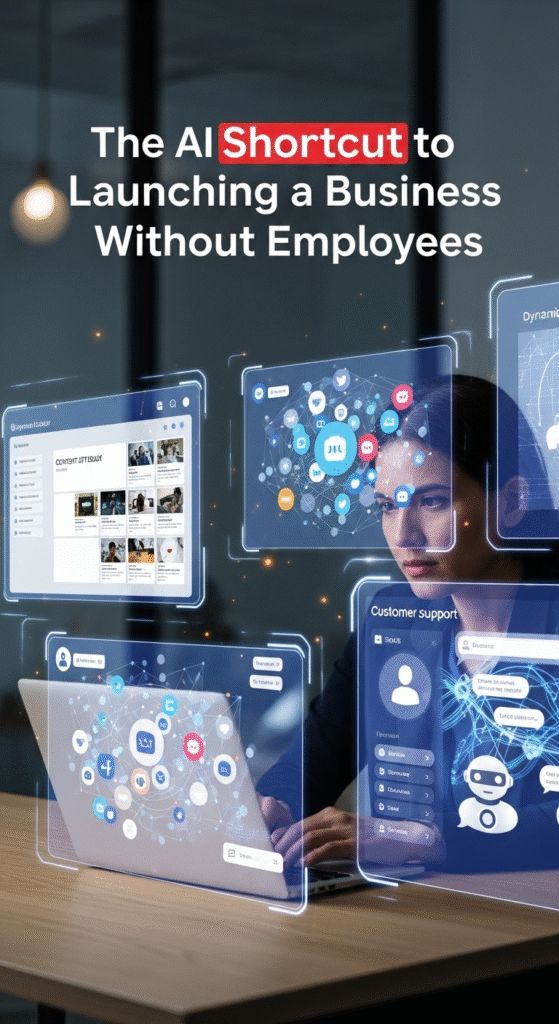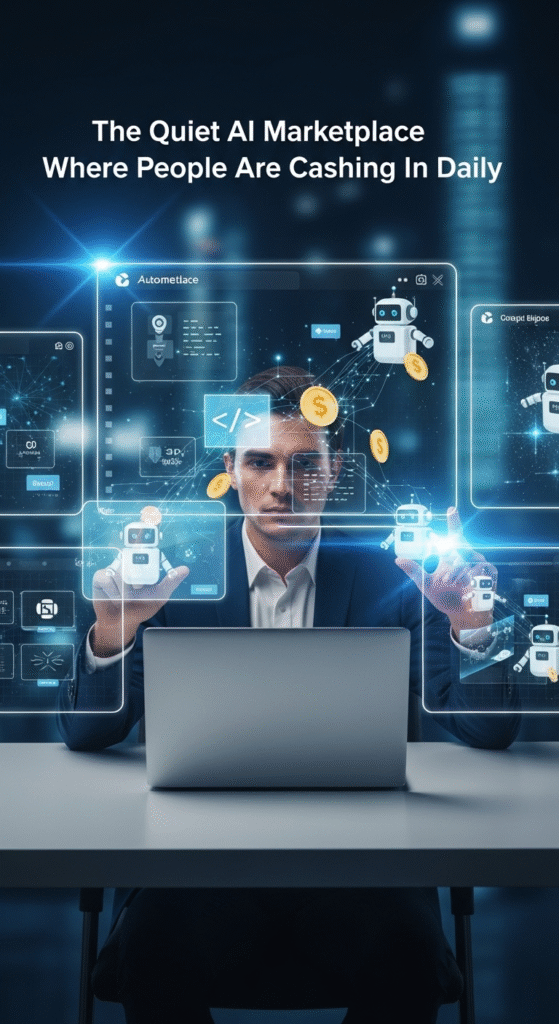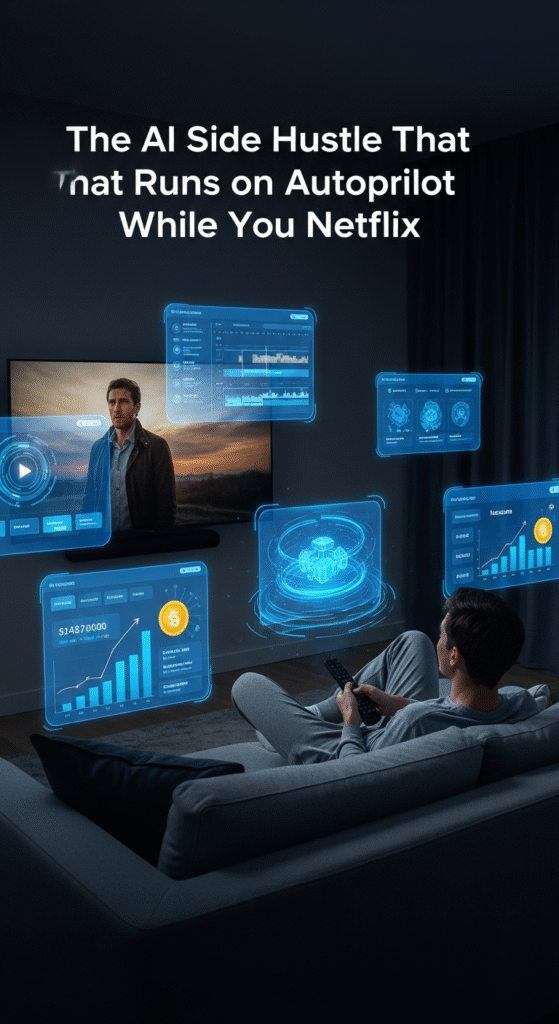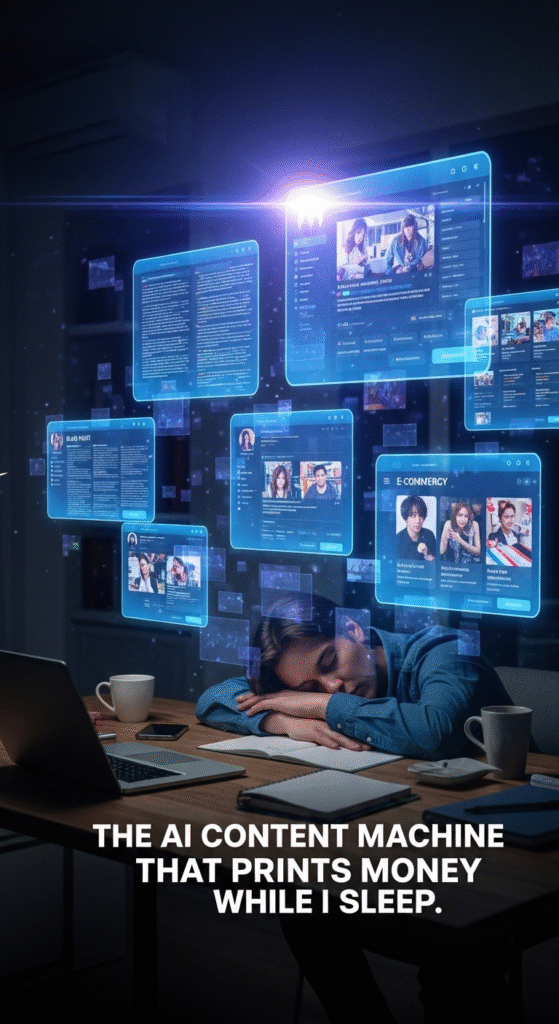Your phone isn’t as safe as you think. Right now, hackers can slip into your apps, messages, and even your banking details without you realizing it. The good news? There’s one simple step that instantly slams the door in their face—and it’s easier than you think.
Hackers Are Already Inside Your Phone—Here’s the One Button That Locks Them Out
If you’re reading this on your smartphone, take a quick look around you. That tiny device in your hand knows everything about you—your private conversations, your banking details, your search history, even where you slept last night. It’s the modern-day diary of your life.
Now imagine what would happen if a stranger had full access to it.
Scary? Here’s the truth: hackers don’t need to break into your home to steal your life—they just need you to stay unprotected online.
And the scariest part? They’re probably already inside your phone without you realizing it.
The Illusion of Safety
Most people assume that because they’ve downloaded antivirus software or avoid “suspicious” websites, they’re safe. But here’s what they don’t realize: the biggest risks don’t come from the dark web—they come from everyday online activity.
- That free Wi-Fi at your favorite coffee shop? It’s an open invitation for cybercriminals.
- Your internet provider? They log and sell your browsing data.
- That mobile game you installed last week? It might be leaking your personal info without you knowing.
In short: your phone is a treasure chest, and it’s left unlocked 24/7.
The One Button That Changes Everything
So how do you lock it down?
The answer is surprisingly simple: a VPN (Virtual Private Network).
Turning on a VPN is like hitting a single button that creates an invisible shield around your phone. In an instant:
- Hackers can’t see your internet activity.
- Your data is encrypted, making it unreadable to thieves.
- Even your internet provider loses the ability to track and sell your browsing history.
It’s the digital equivalent of drawing the curtains, locking the doors, and installing a guard outside—all with one tap.
Real Stories, Real Consequences
Consider Sarah, a college student who loved working in cafés. She connected to free Wi-Fi daily to do homework and shop online. Within weeks, her bank account was drained. How? Hackers on the same network intercepted her login details—something a VPN would have blocked instantly.
Or take David, a remote worker traveling abroad. He tried to log into his company email from an unsecured airport Wi-Fi. Minutes later, his credentials were stolen, putting sensitive corporate data at risk. Again, a VPN would have encrypted that connection and kept prying eyes out.
These aren’t rare cases. Every day, thousands of people fall victim to cybercrime simply because they leave their phones “unlocked” online.
Why Phones Are Prime Targets
Think about it: we check our phones over 100 times a day. Every time you scroll Instagram, check your email, or pay a bill, you’re leaving digital footprints. Hackers love smartphones because:
- Always connected – Unlike laptops, phones rarely disconnect from the internet.
- App overload – Every app is another potential entry point.
- Personal goldmine – Contacts, photos, banking apps—everything is stored in one place.
- Low awareness – People assume phones are safer than computers, making them careless.
But when you hit that VPN button, suddenly your device becomes a fortress.
But Aren’t VPNs Complicated?
Not anymore. Years ago, VPNs were clunky, slow, and mainly used by IT geeks. But today’s VPNs are designed for everyday users. Most apps work like this:
- Download the VPN app.
- Open it.
- Tap “Connect.”
That’s it—you’re invisible. Your data is scrambled, your location masked, and hackers are locked out.
And if you’re worried about speed, good VPNs actually improve performance by bypassing ISP throttling.
The Hidden Benefits No One Talks About
While protection is the biggest reason to use a VPN, there are hidden perks too:
- Watch everything, anywhere – Unlock Netflix, Disney+, or Hulu content that’s blocked in your country.
- Cheaper deals – Airlines, hotels, and car rentals often show different prices based on your location. Change your server, and you could save hundreds.
- Avoid censorship – Traveling to a country with restricted internet? A VPN keeps your online freedom intact.
- No ads stalking you – Tired of seeing ads for something you Googled once? VPNs block advertisers from tracking you.
It’s more than protection—it’s digital freedom.
The Harsh Truth: Without a VPN, You’re the Product
You might not have been hacked yet, but don’t mistake that for safety. The real danger is silent: your data is constantly being collected, stored, and sold.
Big tech companies profit off your personal life. ISPs know your browsing history better than you do. Advertisers build creepy profiles of you.
When you’re not using a VPN, you’re not the customer—you’re the product.
How to Choose the Right VPN
Not all VPNs are created equal. Here’s what to look for:
- No-log policy – Your activity should never be recorded.
- Strong encryption – Look for AES-256 or military-grade.
- Multiple servers worldwide – More servers = faster speeds + more content access.
- User-friendly apps – Should work on iOS, Android, laptops, and even Smart TVs.
- 24/7 support – Because you want peace of mind, not guesswork.
Avoid “free” VPNs. If you’re not paying for the service, you are the service. Many free providers sell your data—the exact thing you’re trying to prevent.
Final Word: Hit the Button Before It’s Too Late
Right now, hackers are scanning millions of devices, looking for the easiest targets. And the easiest ones are the unprotected phones—people just like you, scrolling without a VPN.
The good news is that you don’t need to be a victim. You can slam the door in their faces with one simple tap.
Install a trusted VPN today, hit that connect button, and breathe easier knowing your phone—and your life—is finally locked tight.
🔒 Ready to protect your online life?
We recommend NordVPN — fast, no-logs, and beginner-friendly.
👉 Try it risk-free with a 30-day money-back guarantee.









